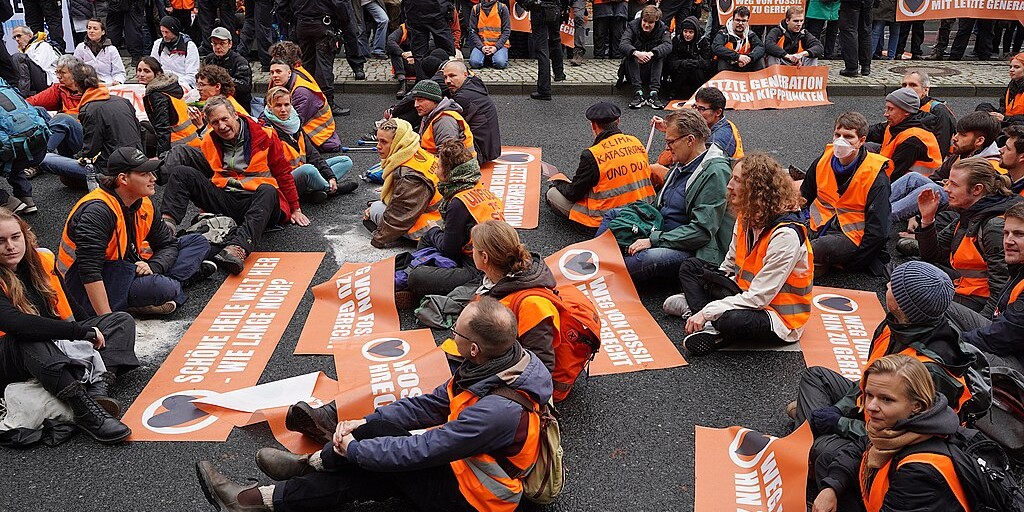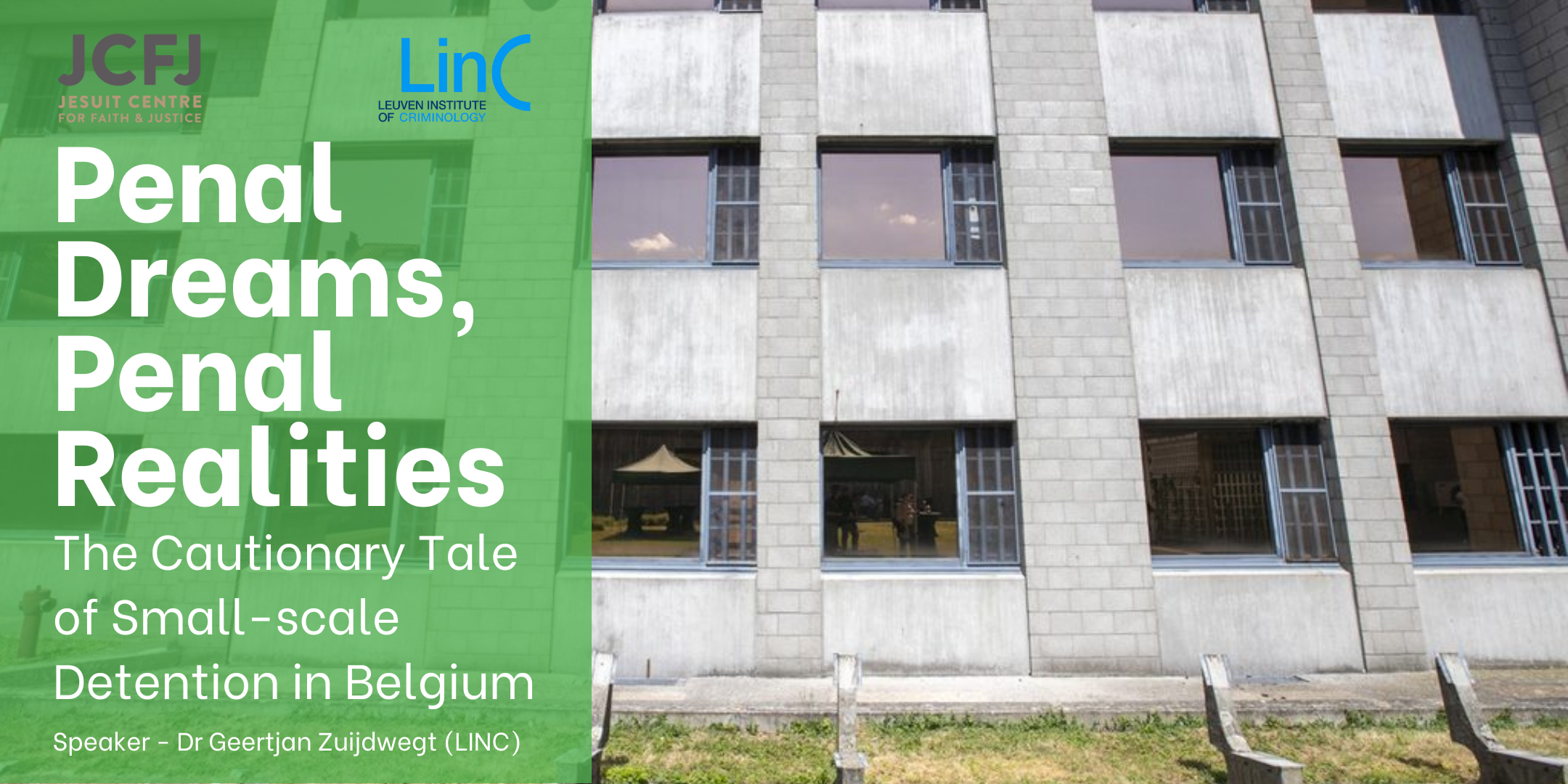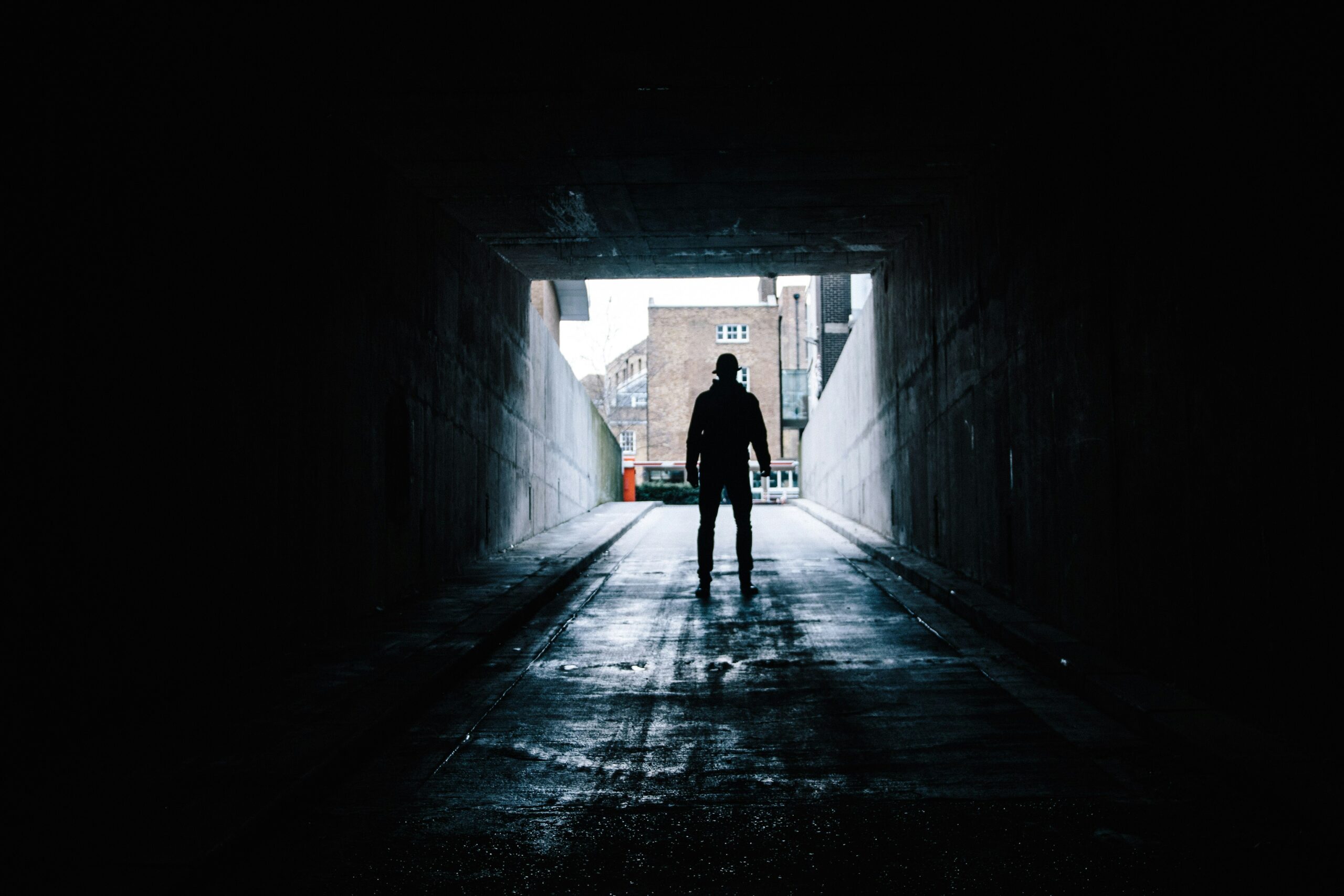
Warehousing Addiction
All our prisons are doing is “warehousing” drug users and releasing them again, thereby ensuring that many will return to using drugs and back into prison.

All our prisons are doing is “warehousing” drug users and releasing them again, thereby ensuring that many will return to using drugs and back into prison.

If a more populist right Government, than the incumbent coalition, were to emerge in Ireland, then they have an arsenal of tools to further suppress peaceful democratic protest and respond punitively to protestors.

A Presbyterian Appreciation of Pope Francis Sometimes people ask me how I ended up directing a Jesuit social research centre, as a Presbyterian theologian. At this stage, the polite answer rolls out of my mouth with barely any thinking required. But if I was to tell the truth, I would have to say that it… Read more »

On 13th March 2025, the Jesuit Centre for Faith and Justice welcomed Dr Geertjan Zuijdwegt—criminologist and theologian at KU Leuven—for an expert seminar on small-scale detention and the Belgian experience of implementing this modality of punishment.

Forced to take an indirect route to work or a night out because of “no-go” streets. Hurriedly crossing the road due to serial law-breaking and aggressive behaviour. Speeding up on your bicycle as a “single male” aggressively follows. Children unable to go to school on their own—even the shortest distance—without needing to be delivered to the school gate in the parental car.

A new prison at Thornton Hall was a bad idea in 2005, and it still remains so.
The year draws to a close and the Irish people anticipate that when the Dáil sits again in January, a new government will form. It will mostly be the same as the old one, albeit lacking a strong environmental concern after the electoral wipe-out suffered by the Green party. The results of the General Election… Read more »

By vividly bringing to life the “bystander effect” and its attendant social forces, Keegan avoids these binaries of past and present and encourages us to ask whether we would say anything or, instead, turn a blind eye to pervasive institutionalisation in our own time.

On Tuesday, the Government outlined its spending priorities for 2025. I am not sure if past Budgets have ever been properly transformative—or even had the potential to reimagine a fairer society—but Budget 2025 has firmly put this notion to bed.

In 2023, there were 184 deaths on Irish roads. This tragic loss of life included 44 pedestrians, eight cyclists, and three e-scooter users. This year, the figure is likely to exceed 200 people. Public concern is evidenced by the regular media attention to the increase or decrease in the number of road traffic deaths, and… Read more »
Working Notes is a journal published by the Jesuit Centre for Faith and Justice. The journal focuses on social, economic and theological analysis of Irish society. It has been produced since 1987.